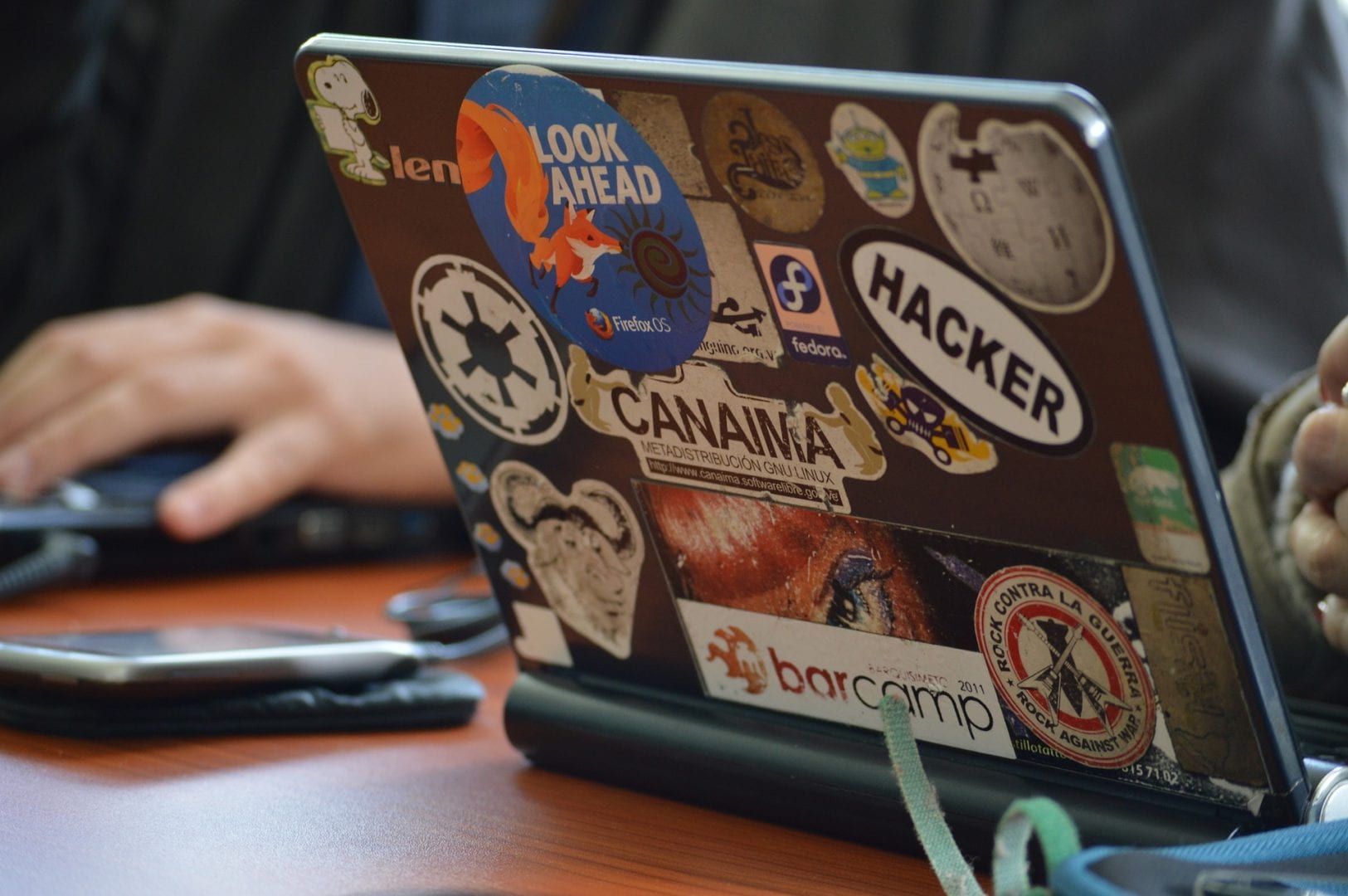How to ensure the right skills and competences for carbon neutral and digital future?
All companies and all jobs are affected by the green and digital transition Europe is undergoing. Karoliina Rasi, expert at the Brussels office of Finnish Industries (EK) concludes the key points of our webinar on the new competence requirements.
Confederation of Finnish Industries (EK) gathered a group of stakeholders from the European Commission, the European Parliament, and companies in a webinar to discuss how to respond to the skills and competences challenges digital- and green transition brings.
As businesses and societies are recovering from the coronavirus crisis, they are faced with challenges posed by digitalization, cyber security, and climate change simultaneously. New trends in customer needs, management, technology, and new ways of working have emerged requiring new types of skills and competences.
In spring 2021, the Confederation of Finnish Industries launched a Digital Game Changers”- project with around twenty leading Finnish companies and market leaders in their field.
“The aim was to jointly map out new trends in customer needs, management, technology and working, and primarily to discover the keys to putting Finland at the forefront of efforts to address these challenges”, explained Director Taina Susiluoto from EK.
“Digital transformation requires structured upskilling and reskilling of workforce – leaders and employees. Retaining talents”, commented Ann Boije af Gännas, Head of Transformation Services from Fortum, one of the Digital Game Changers-participant companies.
Digital technologies will be at the core when we switch to developing low carbon products and solutions such as low-carbon steel or clean transportation.
“We are talking about a society-wide transformation”, said Ville Niinistö, Member of the European Parliament. “All jobs are affected by this green and digital transition as the societies are consuming and producing differently than in the past”, he concluded.
The increased reliance on IT-technology, wireless networks and “smart” devices has brought an increase in security threats. Cyber security has therefore become a strategic priority for organisations across all sectors. Nina Hyvärinen, Head of Corporate Relations from F-Secure reminded that there is a skills deficit when it comes to cyber security skills, and the question remains how we can attract talent from outside Europe?
Tim Schreiber and Michael Horgan from the European Commission presented the ambitious EU objectives such as massive digital upskilling in the European Social Pillar Action Plan and the Digital compass initiatives where the aim is that 80% of the adults will have basic digital skills by 2030. Currently the figures vary from 29% in Bulgaria to 76% in Finland and 79% in the Netherlands.
Regarding the Green skills, mapping out what is really needed is ongoing, while there is still no common definition of green skills. There will, however, be a need for technical skills for specific sectors, transferal skills across sectors and citizenship skills such as environmental awareness.
Everybody agreed that private and government collaboration plays a big role in responding to the green and digital skills and competences challenges and committed to continuous cooperation.
